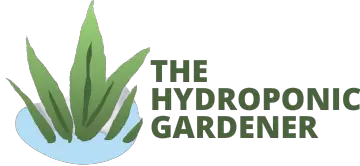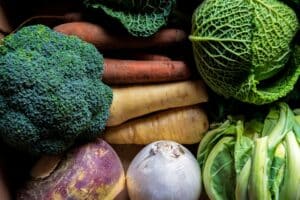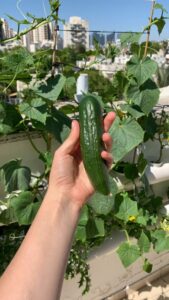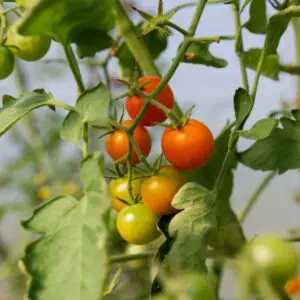One question I am asked quite often is “are hydroponically grown strawberries organic?”, “is hydroponic growing considered organic?”,
The debate over whether hydroponic plants are organic or not has been going on for years. Some people believe that plants grown in a controlled environment without soil cannot be considered organic. Others argue that as long as the plants are grown using organic methods and are not sprayed with pesticides or other chemicals, they are still organic. So, what is the answer?
First, some terminology:
Let’s explain what “organic” means:
according to the U.S. Department of Agriculture (USDA), organic foods are those that are “produced without using most conventional pesticides; fertilizers made with synthetic ingredients or sewage sludge; bioengineering; or ionizing radiation.” In other words, organic food is produced using more natural methods.
The USDA has a National Organic Program (NOP) that sets the standards for what can be considered organic and who gets the desired organic label. The NOP also accredits certifying agents who inspect farms and processing facilities to make sure they are following organic standards.
It doesn’t mean organic farmers don’t fertilize their produce.
manure and compost are two of the most common organic fertilizers used on organic crops.
Second, we have to explain how hydroponics work:
hydroponics is a method of growing plants without soil. Instead, the plants are grown in a solution of water and nutrients. This solution can be either in a closed system, like a fish tank, or an open system, like a bucket of water. The plants are supported by a medium, like gravel or clay pellets, which helps to anchor the roots.
What about chemicals? Are chemicals involved in hydroponic growth?
The answer is yes and no. If you are using an organic hydroponic system, then the only chemicals involved are those that are naturally occurring, like nitrogen and phosphorus. However, if you are using a non-organic hydroponic system, then synthetic or chemical fertilizers may be used.
You can of course use organic fertilizers instead of chemical fertilizers when purchasing or growing your own hydroponic products.
Now that we know what “organic” means and the basics of hydroponics, let’s look at the two main arguments for and against hydroponic plants being considered organic:
arguments for and against calling hydroponic fruits and vegetables organic
There are two main arguments when it comes to whether hydroponic plants are organic or not.
Some people believe that hydroponic plants are not organic because they are grown in a controlled environment without soil.
Others argue that as long as the plants are grown using organic methods and are not sprayed with pesticides or other chemicals, they are still considered organic. So, which is it? Are hydroponic plants really organic?
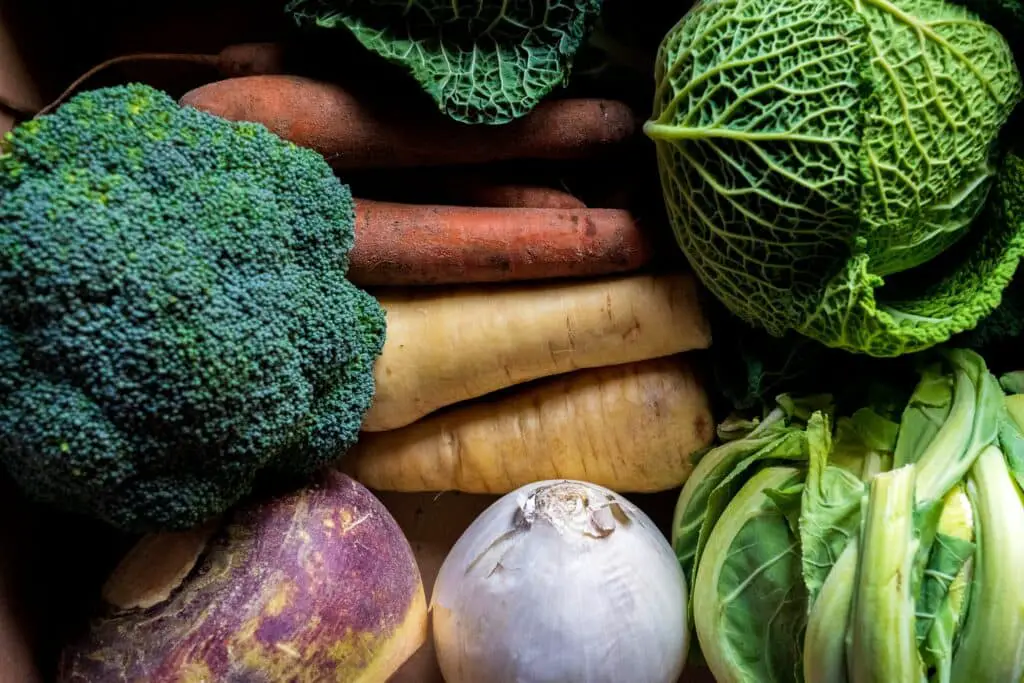
Arguments for calling hydroponic fruits and vegetables organic
According to the United States Department of Agriculture (USDA), hydroponic plants can, in fact, be certified as organic. In order for a plant to be certified as organic, it must meet certain criteria set by the USDA. These criteria include things like being grown in an environment that is free of pesticides and other chemicals, grown using organic methods, and not being genetically modified. As long as a hydroponic plant meets these criteria, it can be considered organic.
arguments against calling hydroponic fruits and vegetables organic
While the USDA does consider hydroponic plants to be organic, there are still some people who argue against it. One of the main arguments is that hydroponic plants are not really “plants” in the traditional sense of the word. They are grown in a controlled environment without soil, which some people believe disqualifies them from being considered a plant. Additionally, hydroponics relies on technology and man-made materials, like grow lights and nutrient solutions, which some people believe are not in line with what organic gardening is all about.
Before we finish, let’s clarify a few things:
is hydroponics the same as organic?
No, hydroponics is not the same as organic. As we’ve seen, organic refers to the way food is grown, while hydroponics refers to the method of growing plants without soil, with only water and sometimes chemicals.
can you grow hydroponics organically?
Yes, you can grow hydroponics organically. This means that the plants are grown without most conventional pesticides, fertilizers made with synthetic ingredients or sewage sludge, bioengineering, or ionizing radiation.
There are a few different hydroponic methods you can use to grow plants organically. These include the deep water culture method, the nutrient film technique (NFT), the aeroponics method, and the wick system.
So can hydroponics be organic? Yes. They absolutely can. In fact, Every plant you can grow hydroponically can be grown in an organic hydroponic way. Hydroponic farming includes products like:
- tomatoes
- cucumbers
- lettuce
- peppers
- eggplants
- herbs
- strawberries
- watermelons
what’s the difference between organic nutrients and hydroponic nutrients?
The main difference between organic and hydroponic nutrients is that organic nutrients are made from natural sources, like plants and animals, while hydroponic nutrients are made from synthetic or chemical sources.
Some people believe that organic fruits and vegetables are more nutritious than those grown using other methods, like hydroponics. However, there is no scientific evidence to support this claim. In fact, there is no difference at all in the nutritional value of organic and non-organic foods. So, whether you choose to grow hydroponic or organic fruits and vegetables, you can be sure that you’re getting the same nutritional benefits.
So the next time you are wondering about organic hydroponic nutrients for lettuce – know that the lettuce (or the strawberries) probably has enough nutrients and all its nutritional values are in place.
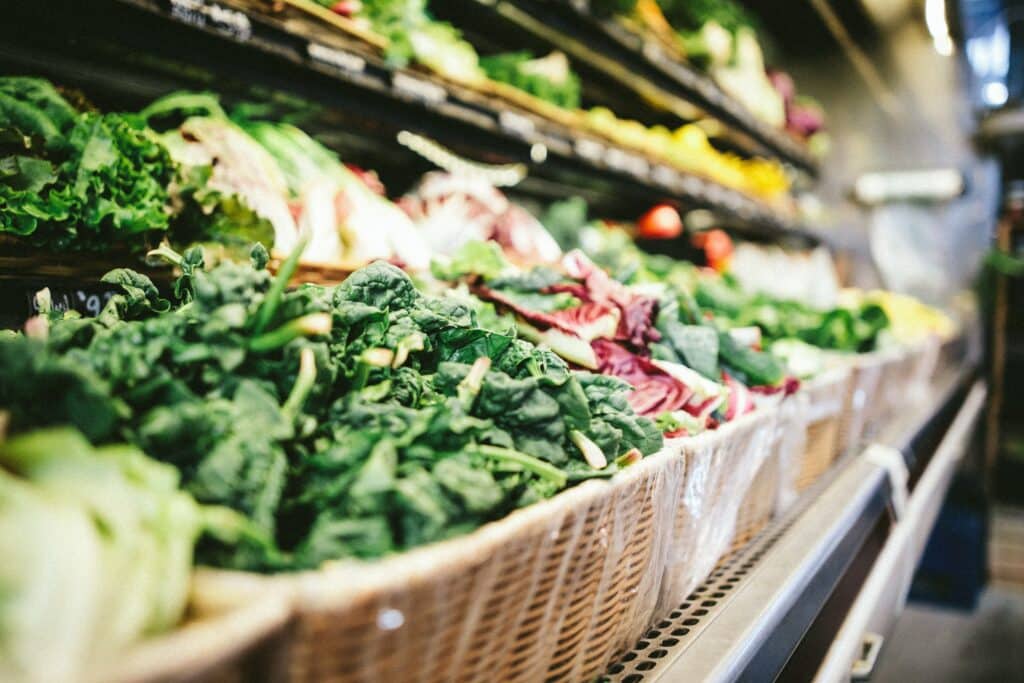
conclusion: once and for all. are hydroponic plants organic?
I hope this article has helped to clear up some confusion about whether hydroponic plants are organic or not.
As we’ve seen, there are arguments for and against it, but ultimately, it depends on how you define “organic.”
The main argument for hydroponic plants being organic is that they are not grown in soil. Soil can contain harmful chemicals and pollutants that can end up on the plants. By growing hydroponic plants in a controlled environment such as at home, you can be sure that they are not exposed to any of these things.
If you are looking for a way to grow plants without using traditional methods or materials, then hydroponics might be a good option for you. Just remember that even if you are using organic methods, the plants are still grown in a controlled environment without soil.
